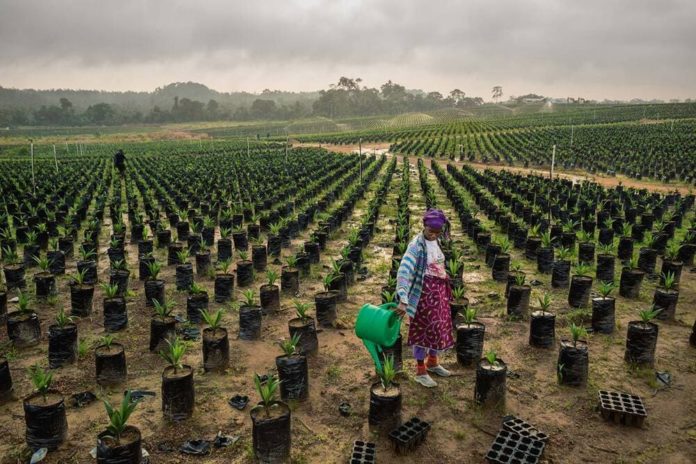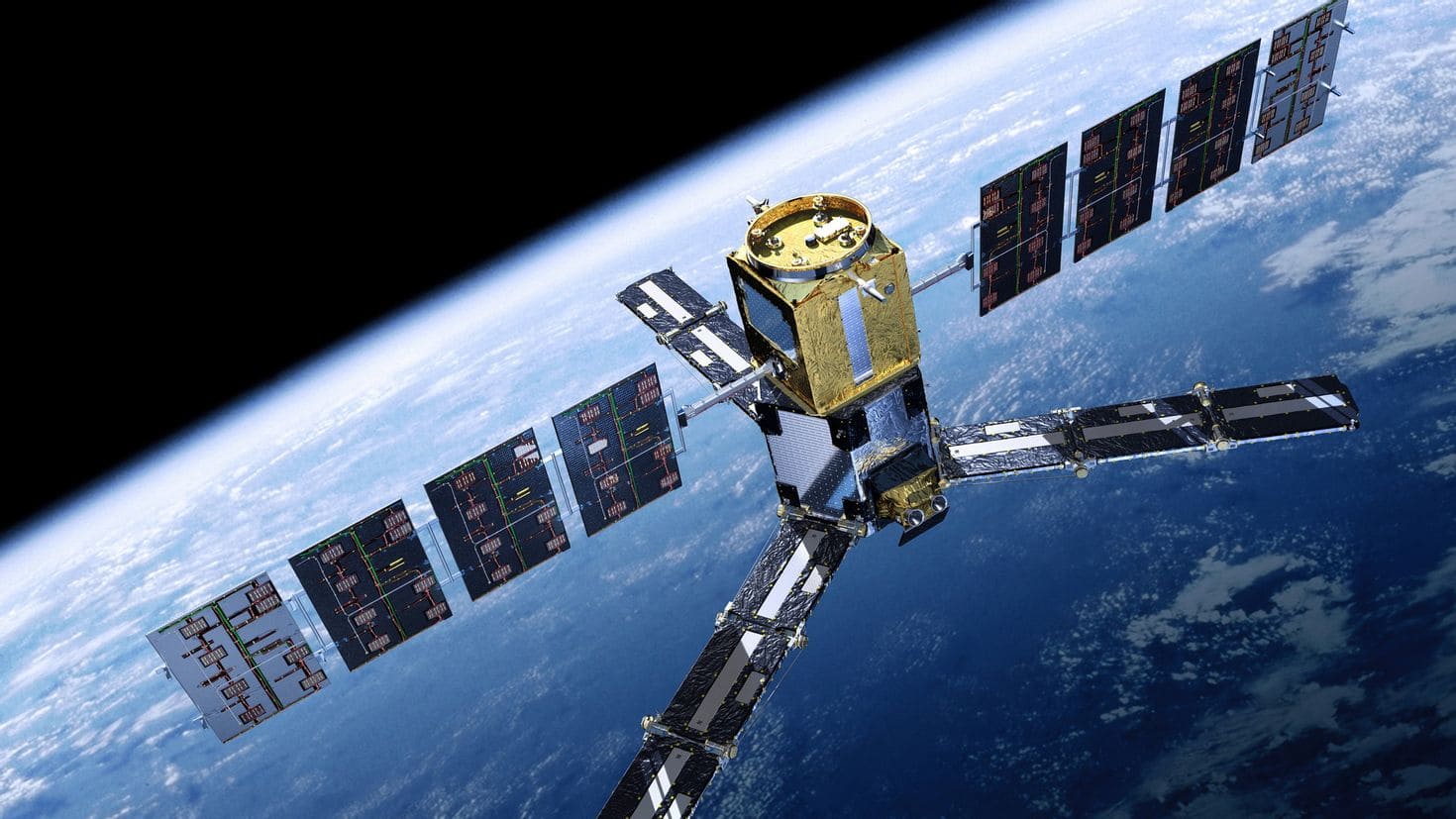Space technologies have revolutionized numerous sectors globally, and agriculture in Africa is no exception. These technologies, encompassing satellite imagery, global positioning systems (GPS), and remote sensing, offer transformative potential to address some of the most pressing challenges faced by the agricultural sector on the continent. Here, we explore the various ways in which space technologies impact African agriculture.
1. Precision farming
Precision farming utilizes satellite data to enhance farming practices. By analyzing satellite images, farmers can monitor crop health, soil conditions, and water usage with high precision. This enables targeted interventions such as the precise application of fertilizers and pesticides, leading to increased yields and reduced costs.
2. Weather forecasting and climate monitoring
Accurate weather forecasting is critical for agricultural planning and risk management. Satellites provide essential data on weather patterns and climate conditions, allowing farmers to make informed decisions about planting and harvesting times. This helps in mitigating the adverse effects of climate change and extreme weather events, such as droughts and floods, which are common in Africa.
3. Soil and crop health monitoring
Remote sensing technologies offer insights into soil moisture levels, nutrient content, and crop health. By using spectral analysis from satellite images, farmers can detect early signs of plant stress, disease, or pest infestations. This timely information enables prompt action to protect crops and maintain healthy soil, thus enhancing productivity.
4. Water resource management
Water scarcity is a significant challenge in many African regions. Space technologies facilitate efficient water management by providing data on water availability and distribution. Satellite imagery can identify areas requiring irrigation and monitor the effectiveness of irrigation systems. This ensures optimal water use, conserving this vital resource while maximizing agricultural output.
5. Land use and planning
Satellites offer comprehensive maps and data on land use, helping in the planning and management of agricultural activities. This information supports sustainable land management practices, identifying suitable areas for cultivation while preserving natural ecosystems. It also assists in combating land degradation and desertification, which threaten agricultural productivity.
6. Market access and supply chain management
Improved connectivity and access to market information are crucial for smallholder farmers. Satellite-based communication systems enable farmers to access real-time market prices, weather updates, and agricultural advice. This empowers them to make better decisions regarding crop sales and supply chain management, enhancing their economic resilience.
7. Disaster management and risk reduction
Natural disasters like floods, droughts, and locust swarms pose significant risks to agriculture. Space technologies provide critical data for disaster preparedness and response. Satellite monitoring helps in early warning systems, enabling timely evacuation and mitigation measures to protect crops and livestock, thus reducing economic losses.
Challenges and future prospects
Despite the promising benefits, the adoption of space technologies in African agriculture faces several challenges. These include high costs, limited technical expertise, inadequate infrastructure, and data accessibility issues. To overcome these hurdles, there is a need for increased investment in technology, capacity building, and policy support.
Space technologies hold significant promise for transforming agriculture in Africa. By providing precise, real-time data, these technologies enhance decision-making, optimize resource use, and improve resilience against climate variability and disasters. With the right support and investments, space technologies can play a crucial role in ensuring food security and sustainable agricultural development on the continent.



